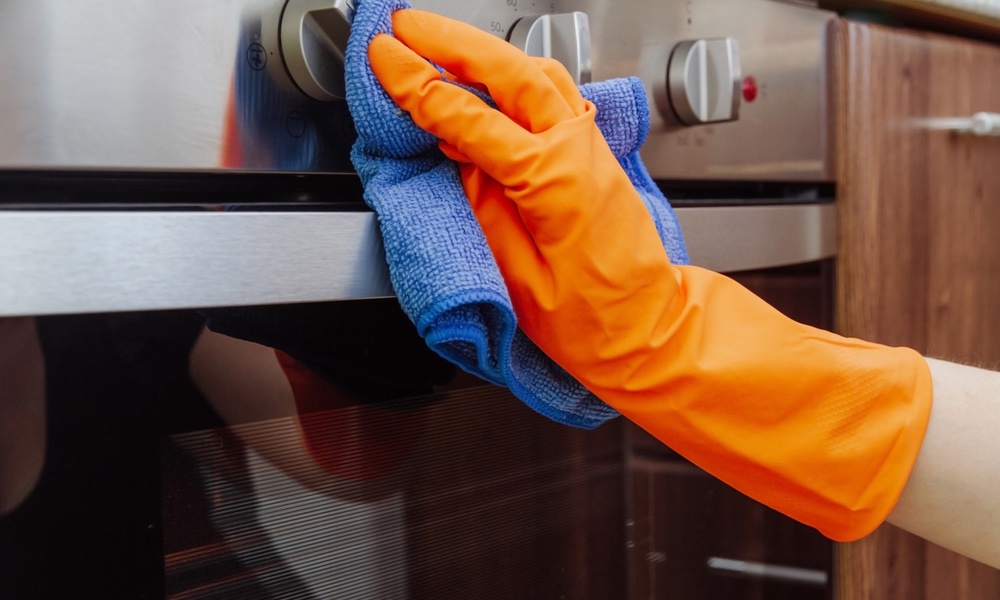The COVID-19 pandemic has increased the use of disinfectants, both in medical facilities and among the general population. Disinfectant exposure in the workplace has previously been linked to the development of asthma and dermatitis in healthcare workers. However, few studies have looked at the effect on the children of workers exposed during pregnancy.
Children born to mothers who used disinfectants between one to six times per week during pregnancy were significantly more likely than those whose mothers never used disinfectants to develop asthma and eczema at the age of three, a study by Japanese researchers recently found.
“Our findings indicate that exposure to disinfectants during pregnancy exerts an effect on allergies in offspring regardless of whether the mother returns to work when the child is one year old, and suggest an effect by exposure during pregnancy alone,” the University of Yamanashi researchers write.
Given the increased use of disinfectants to prevent the spread of SARS-CoV-2, the virus that causes COVID-19, the researchers note that it will be important from a public health perspective to determine whether prenatal disinfectant exposure is a risk factor for the development of allergic conditions.Children born to mothers who used disinfectants between one to six times per week during pregnancy were significantly more likely than those whose mothers never used disinfectants to develop asthma and eczema at the age of three.
Data on almost 79,000 mother-child pairs who were enrolled in the Japan Environment and Children’s Study, an ongoing study of more than 100,000 pregnant women who were recruited over a three-year period, were used for the study.
The level of prenatal exposure to disinfectants appeared to be the key. Children whose mothers were exposed to disinfectants every day had a 29 percent greater chance of developing asthma and a 29 percent greater chance of developing eczema than those whose mothers were not exposed to disinfectants.
Exposure to disinfectants did not seem to affect the development of food allergies.
There may be several reasons for the connection between prenatal disinfectant exposure and childhood asthma and eczema, the researchers say: Disinfectants affect the gut and skin microbiome of the mother and subsequently the child; exposure to some disinfectant compounds during pregnancy affects the immune response of the fetus; or the child is exposed to disinfectants on the mother’s skin through touch or inhalation, and this exposure affects the child’s immune response. Any or a combination of these effects could trigger an allergic response.
The findings may also reflect a certain bias, the researchers say. Mothers who frequently use medical-grade disinfectants are likely to be more knowledgeable and have better access to healthcare than those who don’t use them, making them more likely to report allergic diseases in their children.
This observational study demonstrated an association between disinfectant use during pregnancy and diagnoses of allergic conditions in children, but it did not prove disinfectant exposure caused these conditions. Other factors that deserve to be considered include the fact that disinfectant use and allergic conditions were self-reported by parents following diagnosis by a physician. The disinfectants the mothers used were not specified.
Further research is also needed to look at the association between disinfectant use during pregnancy and the development of allergic conditions in children in other populations.
The study was published in Occupational & Environmental Medicine.





